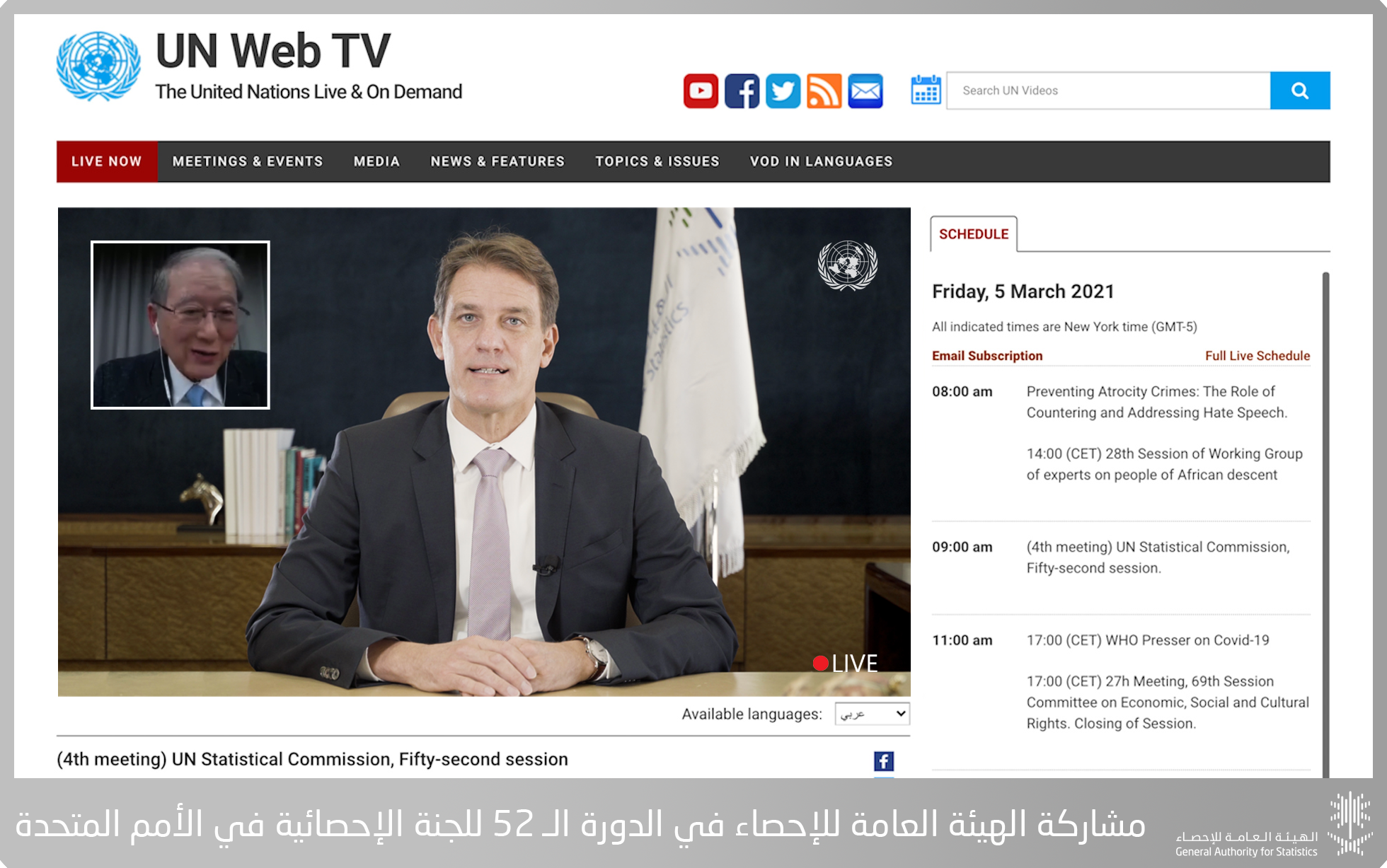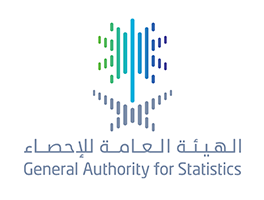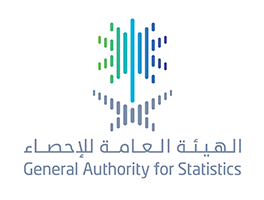General Authority for Statistics Holds the Saudi Standard Classification of Occupations’ Forum on Wednesday
09-03-2021
Tomorrow, Wednesday, Rajab 26, 1442 AH, corresponding to March 10, 2021 AD, the General Authority for Statistics will hold a forum for the Saudi Standard Classification of Occupations to define its objectives and its applications. The Saudi Standard Classification of Occupations is considered a statistical system to classify and collect information about occupations in the Kingdom, and it is based on the International Standard Classification of Occupations (ISCO 8) issued by the United Nations Economic and Social Council.
The forum will include workshops about governance and the electronic system for the Saudi Standard Classification of Occupations, a television presentation on the classification and the efforts made to adopt and implement it, the forum will also review a set of international experiences to implement the International Standard Classification of Occupations (ISCO-8).
The Saudi Standard Classification of Occupations consists of 5 levels classified hierarchically, and each level consists of main, sub, and secondary groups, and units, in addition to the occupation’s code, name and description. The total units in the Saudi Standard Classification of Occupations are (432) units with around (2013) career.
The Saudi Standard Classification of Occupations aims to achieve a set of objectives, including unifying the names of occupations and their descriptions in all statistical sectors in the Kingdom, as well as facilitating the exchange and flow of data between various local institutions and bodies, in addition to standardizing the economic and social indicators and concepts related to the classification. The classification will improve the work environment and raise the efficiency of government support for professions in the Kingdom, and it will also help collecting all the professions in the Saudi labor market and facilitate processing its data, as well as providing a unified reference for coding and characterizing professions at the local, regional and international levels.
The application of the Saudi Standard Classification of Occupations will contribute to determining the most growing professions in the Kingdom, and support the electronic linking project between the various bodies, which will advance the e-government, and organize professions into major, sub, and secondary groups and units and also will facilitate their use in collecting and disseminating data, in addition to enhancing the reliance on the administrative records data for labor market statistics and other statistics in the Kingdom.
It is worth noting that there is a subtle difference between a job and a profession, as a job is the set of tasks and duties that a person performs for a specific employer, including self-employment, in other words, a person can have more than one job at the same time, while a profession is a group of jobs that are characterized by its main tasks and duties with a great deal of similarity.
There is a set of determinants of occupational descriptions for government and private sector professions in the Kingdom, the most prominent of which are: the occupation's code, the educational field and its level, the name of the profession, a summary of its description, its main tasks, and the behavioral and technical competencies.
It is noteworthy that information on professions in the Kingdom is collected through administrative records, censuses and statistical surveys, and the permanent technical committee formed at the General Authority for Statistics undertakes the update of the Saudi Standard Classification of Occupations in accordance with the Council of Ministers’ resolution.





